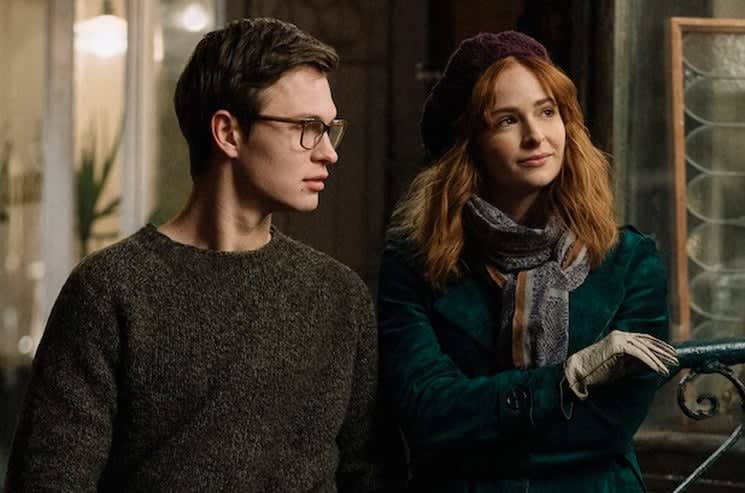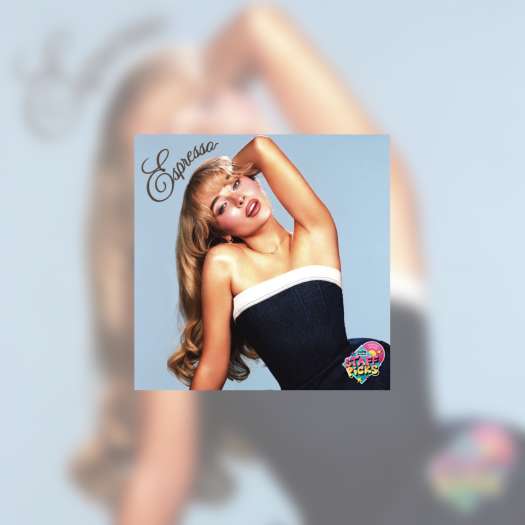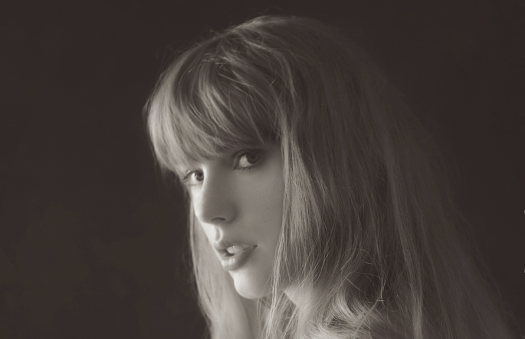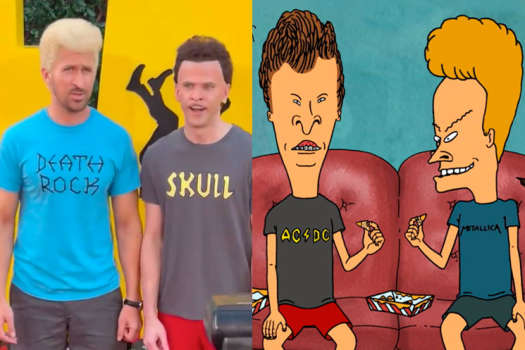When Donna Tartt's 2013 novel The Goldfinch became a breakout hit, it was never a matter of if it was going to hit the big screen, but when. Unfortunately, the delicately crafted tale of love and loss, set against the backdrop of the realm of high art, has lost much on its route to Hollywood — what's left is a muddled mess of a story that oscillates between being purposefully confusing and just plain dull.
It didn't have to be this way. At a whopping two-and-a-half hours, there was plenty of time to tell the dizzying tale of an orphaned young man and the stolen painting that serves as a link to his past and hope for a better future. But its overwrought style gets in the way of its storytelling, and clumsily mishandles its pacing. Between all the flashbacks, love triangles, terrorism, heists, friendship, fraud and art, there are exhaustive sequences about how to spot authentic upholstery that tell us nothing about the characters or their underdeveloped personalities.
The film jumps between the youth and adult versions of protagonist Theo but spends far too much time with him as a precocious child (Oakes Fegley) and not enough with him as a confident but troubled young man (Ansel Elgort, looking like an adolescent in his father's suits), which makes the film feel mostly like child's play. Though the two time periods are anchored by Nicole Kidman as the woman who takes Theo in following his mother's death and Jeffrey Wright as the antique dealer who becomes Theo's mentor (both of whom shine as the main sources of warmth in Theo's life), none of the other characters are given enough development or consistency between their iterations to stand out.
The film's insistence on obscuring plot points — many of them central — in favour of an air of mystery only makes the complex story even harder to follow. With all this content and time, The Goldfinch does an awful lot of telling, not showing… until it eventually, inexplicably, depicts these crucial sequences later on in the film in an attempt at payoff that ultimately comes off as frustrating. By focusing on style over substance, the film all but glosses over the book's central themes and metaphors.
Adapting The Goldfinch to film was always going to be an uphill battle thanks to the original's complex story and dense themes, but the film's failures aren't for a lack of resources, but a lack of understanding of how to use them properly. Much like how none of the young adult actors feel quite ready to assume their roles (as art dealers, gang leaders, burgeoning members of the upper class), it feels like a group of inexperienced artists renting out a gallery space and playing dress-up, putting their work on display before it's ready.
(Warner)It didn't have to be this way. At a whopping two-and-a-half hours, there was plenty of time to tell the dizzying tale of an orphaned young man and the stolen painting that serves as a link to his past and hope for a better future. But its overwrought style gets in the way of its storytelling, and clumsily mishandles its pacing. Between all the flashbacks, love triangles, terrorism, heists, friendship, fraud and art, there are exhaustive sequences about how to spot authentic upholstery that tell us nothing about the characters or their underdeveloped personalities.
The film jumps between the youth and adult versions of protagonist Theo but spends far too much time with him as a precocious child (Oakes Fegley) and not enough with him as a confident but troubled young man (Ansel Elgort, looking like an adolescent in his father's suits), which makes the film feel mostly like child's play. Though the two time periods are anchored by Nicole Kidman as the woman who takes Theo in following his mother's death and Jeffrey Wright as the antique dealer who becomes Theo's mentor (both of whom shine as the main sources of warmth in Theo's life), none of the other characters are given enough development or consistency between their iterations to stand out.
The film's insistence on obscuring plot points — many of them central — in favour of an air of mystery only makes the complex story even harder to follow. With all this content and time, The Goldfinch does an awful lot of telling, not showing… until it eventually, inexplicably, depicts these crucial sequences later on in the film in an attempt at payoff that ultimately comes off as frustrating. By focusing on style over substance, the film all but glosses over the book's central themes and metaphors.
Adapting The Goldfinch to film was always going to be an uphill battle thanks to the original's complex story and dense themes, but the film's failures aren't for a lack of resources, but a lack of understanding of how to use them properly. Much like how none of the young adult actors feel quite ready to assume their roles (as art dealers, gang leaders, burgeoning members of the upper class), it feels like a group of inexperienced artists renting out a gallery space and playing dress-up, putting their work on display before it's ready.




